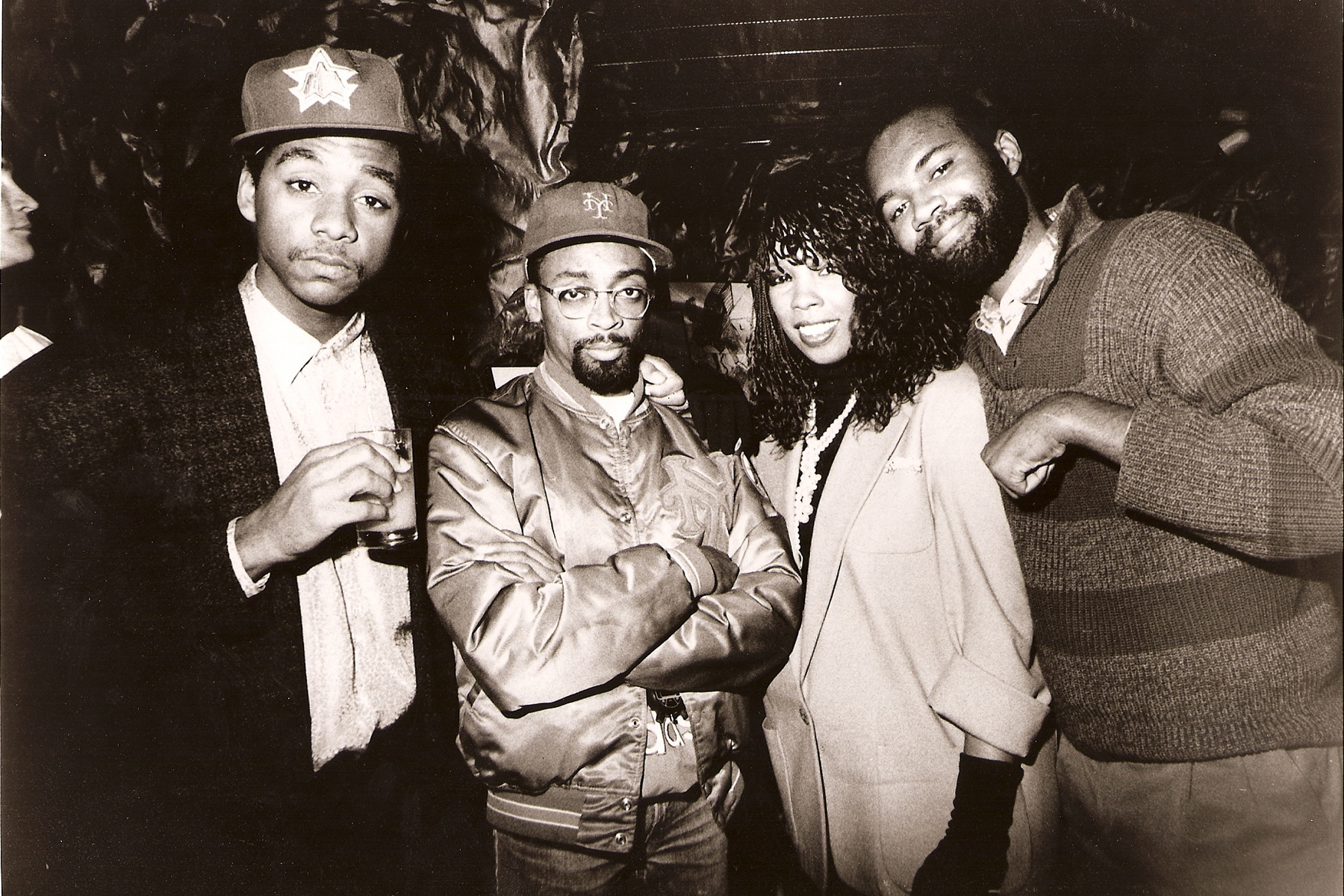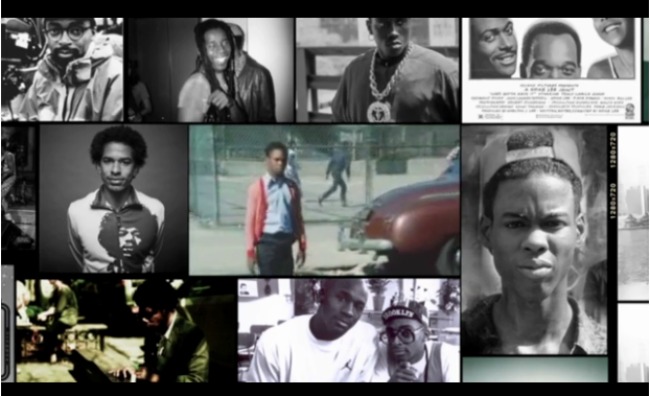Revolt TV Celebrates The “Brooklyn Boheme”

In honor of Black History Month, Revolt TV broadcasted yesterday night “Brooklyn Boheme”, a documentary based on Brooklyn’s version of the Harlem Renaissance. As early as the 1920’s to about the mid 1930’s Harlem was changing in this explosion of Blacks in the creative arts, but so was Brooklyn.

Revolt.tv (read full article there) states,
In his 1999 song named after Brooklyn, Mos Def praises his home borough, rapping, “And ain’t a place that I know that bear resemblance / That’s why we call it The Planet / Not a borough or a prov, it’s our style that’s uncommon.” Similar to Locke’s 1926 quote, Mos Def’s selfless boast is a vivid description of the evolution of his city.
It’s a perception that best summarizes the intimate portrait in the new documentary Brooklyn Boheme, directed by Nelson George and Diane Paragas. Just like Harlem’s blossoming between the 1920s and mid 1930s, Brooklyn was experiencing its own cultural explosion, especially in the Fort Greene and Clinton Hill areas.
“Maybe we can’t see it now but as more time passes, they’re gonna say, ‘This is gonna be Brooklyn’s equivalent to the Harlem Renaissance,’” says Spike Lee, one of many special guests in the film.
“I did a book called City Kid in 1985, and a lot of it was about Fort Greene. I moved in there in 1985 and I [was] around the corner from Spike Lee, Bran and Wynton Marsalis, Wesley Snipes—he used to have parties—Chris Rock moved there later, so there was this whole community of artists [and] most of them were going to make, not just a national but in some degree, a global impact on the culture,” remembers George, “So it’s always been an interesting idea of doing a film about that.”
Championing this period as not entirely the second coming of the Renaissance but rather, the Brooklyn Boheme era all its own, the film chronicles George’s coming of age in the area while simultaneously placing an emphasis on the remarkable creative outpouring that was taking place around him.
“These were just a bunch of cool people hanging out together, but on a deeper meaning, they had a post-Civil Rights artistic movement, which means they owned their own stuff, they’re influenced by things other than self-referential stuff and they were being taken seriously as artists in fields that were not traditionally African American,” says Paragas.
A http://greyandgrey.com/third-department-decision-2-13-14/ buy levitra online man cannot think to make an intimacy pleasurable for man and woman both.
Catch the replays on Revolt TV (Time Warner Cable Only, wishing it would come to Cablevision)
Sunday 2/16 10am
Sunday 2/16 at 6pm
Wednesday 2/26 6pm
Thursday 2/27 9am

Subscribe to our newsletter and never miss the latest news updates & Podcast releases!
